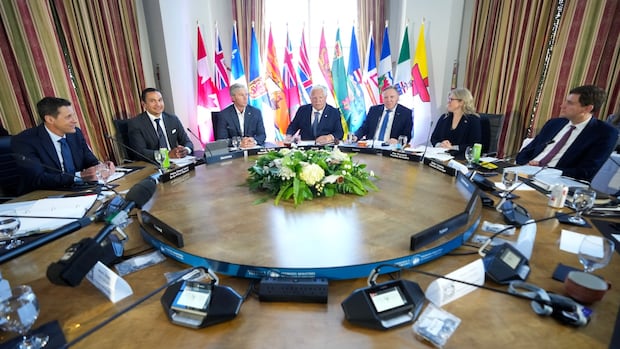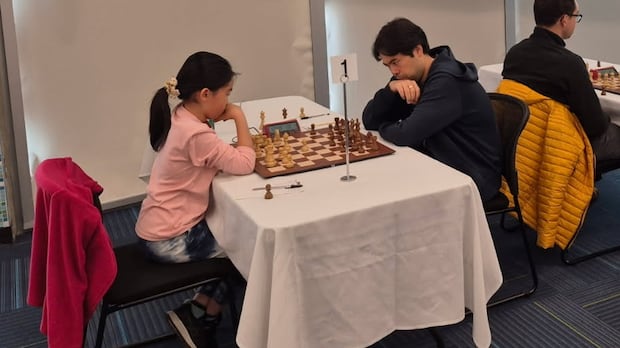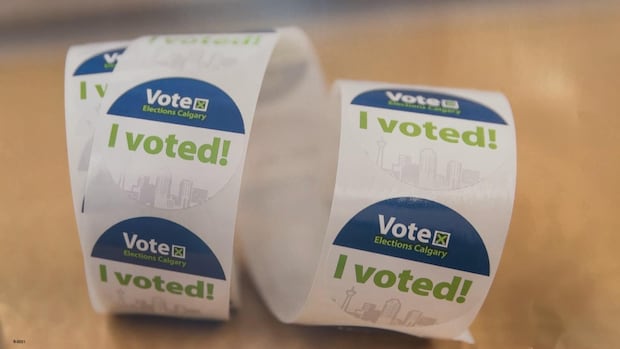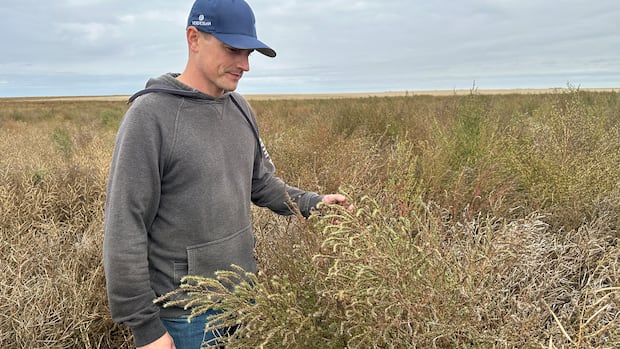After two days of strategizing on how to respond to the trade war U.S. President Donald Trump is waging against this country, Canada’s premiers ended their summit in Huntsville, Ont., Wednesday focused on domestic issues like violent crime, drug trafficking and health care.
At the closing news conference of the Council of the Federation, the premiers insisted those issues are not only still on the agenda, but have actually been easier to tackle because they have become so united by the existential crisis facing the country.
“We have to ensure that we are fixing the plane while it’s flying. And not only are we gonna do it, but when it’s done, it’s going to be a project that all Canadians can be proud of,” B.C. Premier David Eby said.
The premier said when Prime Minister Mark Carney dropped into the summit on Tuesday to deliver a trade briefing, he “confirmed that he’s on side” with tackling domestic concerns as well.
New Brunswick Premier Susan Holt said Canada’s premiers can “walk and chew gum at the same time” and that she can better tackle domestic concerns with the help of her counterparts.
“We’ve spent a lot more time together in my entire tenure as premier, in just eight months, than I think my predecessor would have spent in six years,” she said.
Ontario Premier Doug Ford says that Canada is an economic powerhouse and has to become less reliant on the U.S. Ford added he has nothing against Americans but has a problem with one person — Donald Trump.
Earlier Wednesday the premiers entered their final day of talks calling on Carney to make good on his promise to introduce legislation in the fall sitting of Parliament that will make it harder for repeat violent offenders to get bail.
The provinces have “moved in every aspect that we feel we can,” Saskatchewan Premier Scott Moe said. “The significant change that will have significant consequences for the people that are bringing these poisonous drugs into our communities is a change to the Criminal Code of Canada.”
Ontario Premier Doug Ford said Canadians are “just fed up” seeing repeat violent offenders or car thieves granted bail and urged the federal government to consider using the U.S. sentencing regime as inspiration for what to do in Canada.
“We can’t release people the next day after they kick people’s doors in, put guns to people’s heads, terrorize the neighbourhood, terrorize families,” Ford said.
Ontario’s premier insisted part of the problem is “weak-kneed” judges and the only way to address that is by imposing mandatory minimum sentences.
Holt told reporters that Canada’s premiers have discussed bail reform in depth and they are all on the same page.
“We need to have the flexibility at the provincial level to be tough on the people who are hard on Canadians,” she said.
That flexibility, she said, includes provinces being able to put their own limits on sentencing and bail.
During the election campaign, Carney proposed changes to the bail system that would require repeat offenders, charged with crimes like home invasions, violent car theft or human trafficking, to prove they deserve bail before it is awarded. Right now, prosecutors have to prove that denying someone bail is justified.
Carney also pledged to toughen sentencing guidelines to allow for consecutive sentences for violent car theft, car theft involving criminal gangs and serious and violent offences.
Health care funding
The premiers say they also want a boost to federal health transfers and the flexibility to address health-care delivery in a way that is tailored to the needs of each province.
Ford said the previous federal government shortchanged the provinces, and that Ontario needs more money to train and hire doctors and nurses.
“I’d like to sit down with the rest of the premiers and come up with a figure that would sustain us for the next little while,” Ford said.
Moe said the health-care needs of Canadians differ greatly from region to region, and funding has to reflect that.
“We certainly think that they should respond to the population’s needs,” Holt said. “Right now it’s a flat per-capita model but in New Brunswick we have a population that is older and that is sicker than the rest of Canada.”
Ford said he has “no problem taking care of the smaller provinces,” but he said he’s looking for a funding model that is more “fair.”
Manitoba Premier Wab Kinew said that having a universal health-care system is a fundamental Canadian value that sets the country apart from the U.S. Alberta Premier Danielle Smith responded that Canada has to ‘make money before we spend it.’
Manitoba Premier Wab Kinew said one of the defining characteristics that separates Canada from the U.S. is Canada’s universal health-care system.
“If we want to say that we are standing up to Donald Trump and we’re never going to be the 51st state, let’s make sure that our universal health-care system is strong,” Kinew said.
“And I think we have a good partner in the prime minister right now to advance that project.”








